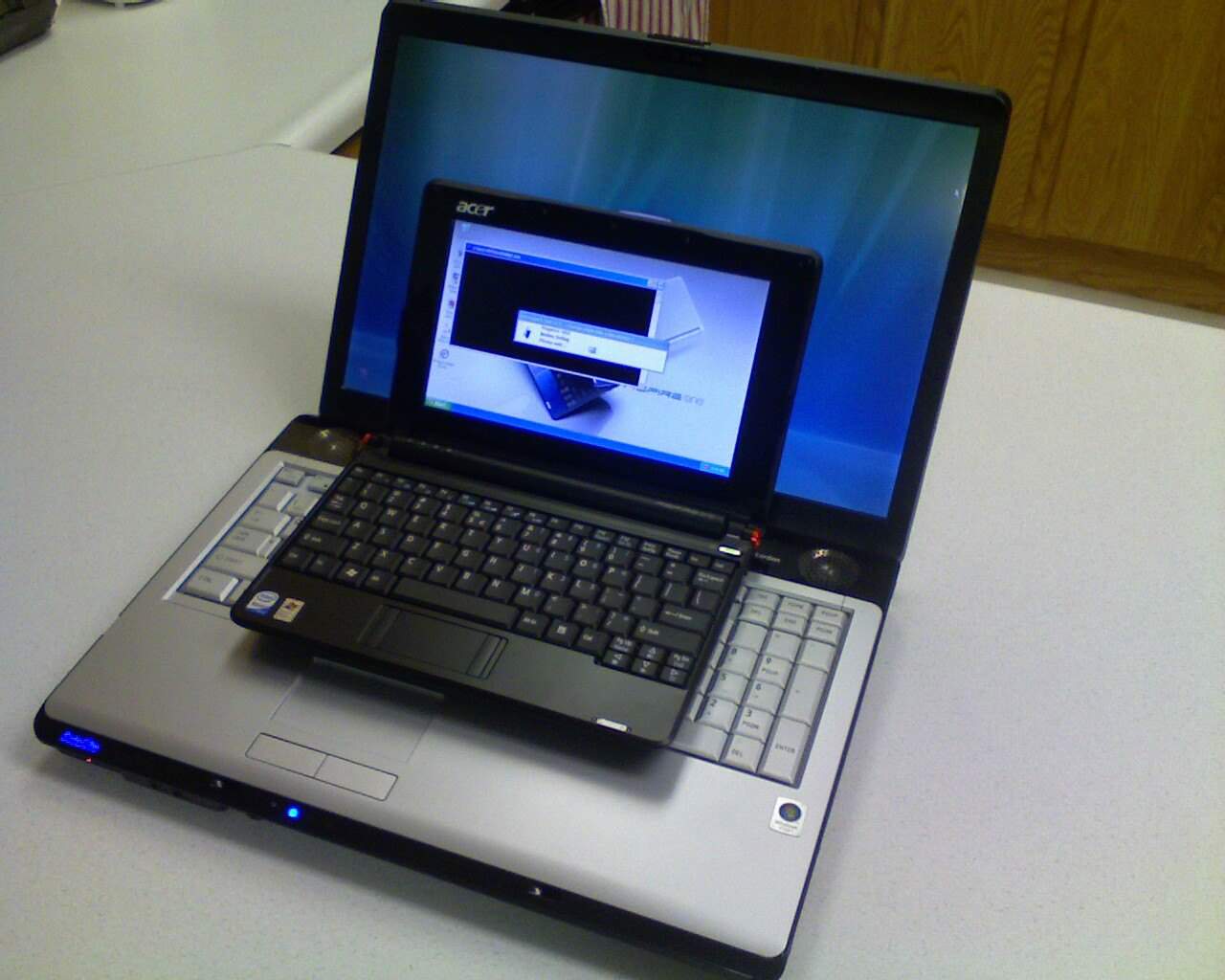Running a small business is already a tough task, but throw some business-stopping bad weather and it becomes even more difficult. Like during Houston’s recent hard freeze, for example. The unexpected weather was not only dangerous to wildlife and plant life stuck outside during the conditions. Frozen pipes could cause major damage to homes and businesses, and frozen puddles of water on roads, or black ice, is very dangerous to drivers. Especially those of us who are unfamiliar with iced over roads. It’s so important to prepare your business for bad weather.
If you kept your business open during the hours of 7 p.m. to 10 a.m., the hours in which the freeze warning was in effect, you may have encountered some difficulties. Driving to or from the office may have proved difficult. Your employees may not have arrived on time to their shift. It’s a risky drive, after all, and you wouldn’t want anything to happen to those good employees of yours.
Bad road conditions could also slow down the service providers essential to your business. They might not have even showed up at all for deliveries. If you couldn’t provide products and services to your customers, you lost profits. Thus, the bad weather caused more than just stress and wilted shrubbery. It caused an inability to keep up with essential customer relations tasks, and in some cases with the demand for your services. Not good!
If customer service representatives were unable to make it into work on time several days in a row, you may have found that you couldn’t keep up with answering phones when customers called in. Or, you couldn’t provide the service or product the customer needed. Customers get frustrated when you can’t meet their needs and you don’t want to risk compromising the relationship with a loyal client.
Fortunately, bad weather doesn’t have to translate into bad business. The trick to staying ahead during inclement weather is to be prepared. Any business leader can follow a simple, five-point plan to keep business running during bad weather. From creating a comprehensive policy, to working with an answering service, to staying informed, here’s what you can do to take the stress out of doing business in bad weather.
Create Policy to Prepare your Small Business for Bad Weather
A bad weather policy outlines how a business will operate during an inclement weather event. It provides direction for employees and helps customers understand what a business can and can’t do during bad weather. As a 24/7 answering service, we have had a policy like this in place for years. However, many small businesses overlook its importance.
When creating a bad weather policy, it’s essential for small businesses to provide clear direction to employees. State what they should do when icy roads, floods and other weather problems keep them from coming to work. Solutions can range from checking in via smartphone to working remotely via specialty software. Whatever the solution, it’s important to make sure that the policy is easily accessible and that all employees have a copy of their own to take home.
Stay on Top of Customer Communications
Answering the phone when your office is understaffed will prevent you from handling other tasks that can increase your bottom line. Working with a local houston answering service is a great way for businesses to ensure that customer calls are answered during a major weather event. Instead of stressing about phones ringing, you can rely on a answering service to take care of calls on your behalf. A call answering service ensures that customers aren’t left out in the cold when it comes to communications, which helps protect a business’s reputation during even the worst weather.
Service-oriented businesses can also benefit significantly from working with an answering service. Especially during bad weather. A call service can dispatch technicians. While they do this, they can also ensure that employees who don’t need to come into the office or go out on jobs can stay safe at home. Of course, a receptionist service can also take care of call routing when an office is understaffed due to bad weather. This helps to prevent long wait times for customers. It also allows office staff to focus on essential duties instead of transferring calls. Rather than stressing about how to direct calls, spend time taking care of walk-in customers.
Be Sure That Essential Data Is Backed Up
Like most small businesses today, I rely on my computer to store a wealth of essential data. To protect my business, I secure our critical servers, off site in data center. We make hourly backups. I have remote access to all our computers and all of our applications can work from anywhere. We even have some of our servers and data in the cloud for extra security. Cloud servers may not be as expensive as you might think, and can increase your operating effectiveness ensuring you can always work.
I highly recommend looking into moving as much of your business computing into the cloud as possible. I’ve also worked hard to make sure that my business’s website will be up and running no matter what’s happening locally. If a business relies on a website to attract customers, it’s essential to choose web hosting. Working with a hosting service ensures that the website will be available to customers even when there are problems with the local power or communication systems.
Stay Informed About Local Conditions
Business leaders have a wealth of responsibilities, and it’s easy to get caught up in the grind. However, it’s essential to stay informed about upcoming weather events, potential power outages and road conditions in the local area. Sign up for emergency alerts through your city. That way, you’re not caught by surprise when an emergency happens. I regularly check the weather forecast and road conditions, too. Adjust staffing and panning as needed. Steps like these help my small business stay working for you, even when things get a bit icy.
Invest in a Backup Power Source
If a power outage strikes, it might seem impossible to keep a business open. That’s why I invested in a generator. It can’t power everything in my office, but it does make it easier for me to complete essential tasks. Depending on your business a battery back up for just a a couple hundred dollars might just be the thing you need to stay running. Choosing a backup power source is a particularly smart move for businesses that stock perishable products and need to prevent costly spoilage.
Remember these 5 Things to Prepare your Business for Bad Weather
When it comes to doing business well in bad weather, nothing beats preparation. I encourage all business leaders to make a proactive plan before bad weather rolls in. It’s a smart way to protect the business and keep employees safe too.
- Create a bad weather policy
- Stay on top of customer communications
- Be sure essential data is backed up
- Stay informed about local conditions
- Invest in back up power





